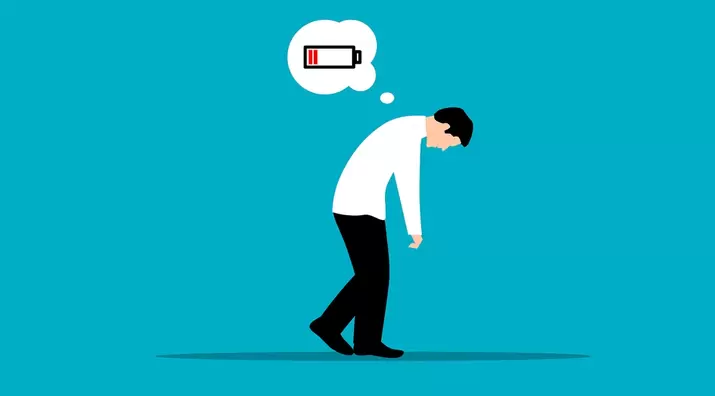 After Tim died, I became so tired. The kind of tired that squashes you flat. The kind of tired that it felt like even my bones hurt. Feeling this exhausted can be scary. But it is a normal part of grief. Why does grief make you tired? You're in shock A psychological shock triggers the fight, flight or freeze response. Our bodies fill with the stress hormone cortisol, desensitising us and putting us on alert. After a bereavement, particularly a sudden and unexpected one, our cortisol levels remain high for a prolonged period of time, leaving us exhausted. Your brain has so much to process Our brains get tired when they are being asked to process information all the time – every decision requires energy. So grief exhaustion is both physical and mental. You can't sleep Grieving often means your head just won't stop – it's full of spinning thoughts and tough memories. You may also be having nightmares, flashbacks or intrusive memories. All of these will affect your sleep. There's so much to do Bereavement leaves us with a lot of admin, from bank accounts to businesses, and from phone contracts to funeral arrangements. There is so much that needs to be completed, and some things must be done in specific timelines. Losing someone also means losing their help at home. This can include routine jobs around the house and caring responsibilities. For some people, bereavement means having to find somewhere else to live, sometimes at short notice. You are hypervigilant Hypervigilance is a state of extreme alertness where you are constantly assessing the environment for threats, both real and perceived. You may feel that since you have been through a traumatic event, what's to stop another? Hypervigilance can be a symptom of post-traumatic stress disorder (PTSD). It is exhausting in itself, as well as making it hard to relax or sleep. You aren't eating properly It can be hard to eat well when you are grieving – it may not seem worth it to cook for one, or your appetite may not be what it was. Not having enough of the right kind of nutrients leaves you without energy. Both your diet and your alcohol intake can also affect the depth of your sleep. What to do?
1 Comment
Karen
19/7/2024 20:02:49
[Got rid of Hsv in 2 weeks,,,,,,,,,,,,,,,,,,,,,,,,,,,,,,,,,,,,,,,
Reply
Leave a Reply. |
AuthorI was widowed at 50 when Tim, who I expected would be my happy-ever-after following a marriage break-up, died suddenly from heart failure linked to his type 2 diabetes. Though we'd known each other since our early 20s, we'd been married less than ten years. Archives
July 2024
Categories
All
|


 RSS Feed
RSS Feed